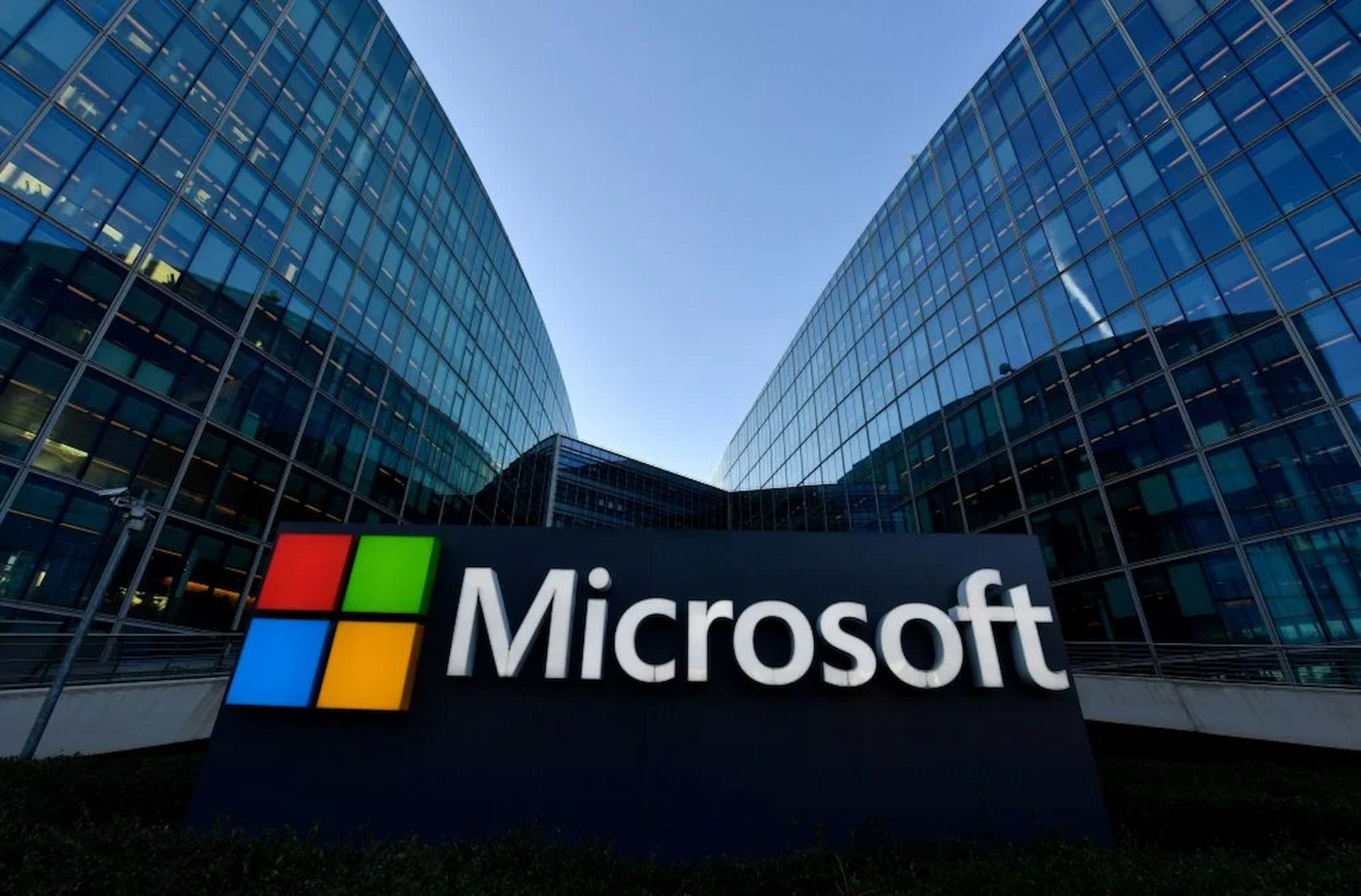Microsoft has announced a multi-year pledge to support the United Nations’ UN80 reform initiative, positioning AI and digital infrastructure as central tools for modernising multilateral governance.
The commitment follows agreement among all UN member states on efficiency and financial-stability measures, as the organisation faces growing operational demands amid constrained resources.
The initiative includes a dedicated innovation fund, preferential pricing for digital services, and free AI training for UN staff across agencies and missions.
Rather than focusing on policy direction, Microsoft frames its role as enabling institutional capacity, from procurement and logistics to humanitarian response and development planning, while encouraging other private-sector actors to align behind UN80 priorities.
Microsoft also plans to mobilise partners such as EY to support reform efforts, reinforcing a model where large technology firms contribute expertise, infrastructure, and coordination capacity to global governance systems.
Previous collaborations with UNICEF, UNHCR, ITU, and the ILO are cited as evidence that AI-driven tools can accelerate service delivery at scale.
The pledge highlights how multilateral reform increasingly depends on private technological ecosystems instead of purely intergovernmental solutions.
As AI becomes embedded in the core operations of international institutions, questions around accountability, influence, and long-term dependency are likely to shape debates about the future balance between public authority and corporate power.
Would you like to learn more about AI, tech and digital diplomacy? If so, ask our Diplo chatbot!










